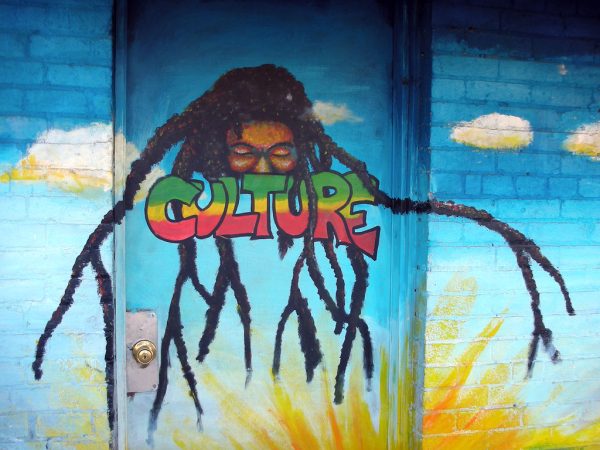
The planetary activities that spill out beyond the shape of any single form of life, full of uninvited faces, are what Sylvia Wynter calls the “necessary and indispensable preludes” to the emergence of our new self-awareness, to the development of new forms of life.

Sometimes the most I can be grateful for is that it is still possible to imagine an alternative.

I started capturing scenes of weather around my house with my phone. This eventually spiraled into creating a video essay with music and a voice-over of the central sections of the paper.

Mt. Carmel represents a very particular vision of Divine power, one dependent on a definition of power that equates it entirely with the strength to impose one’s will on another – even to the point of death. It’s an astonishing demonstration, yet also an extremist one, requiring power to equal unfathomable force: the unquenchable fire and Elijah’s subsequent unquenchable thirst to eliminate his enemies.

“Happy Little Accidents” also approaches philosophy as a practice of creating scenes of desire, staging a vision of a future, a way of being, a mode of relation – as attractive and worthy.

But academics usually wish for more. We fantasize about some audience scattered in the future who will not just read what we write but do something with it, who will see and feel that our words and ideas carry an energy or force that calls for more to be said, more to be thought, more to be created, even if it is critical.





